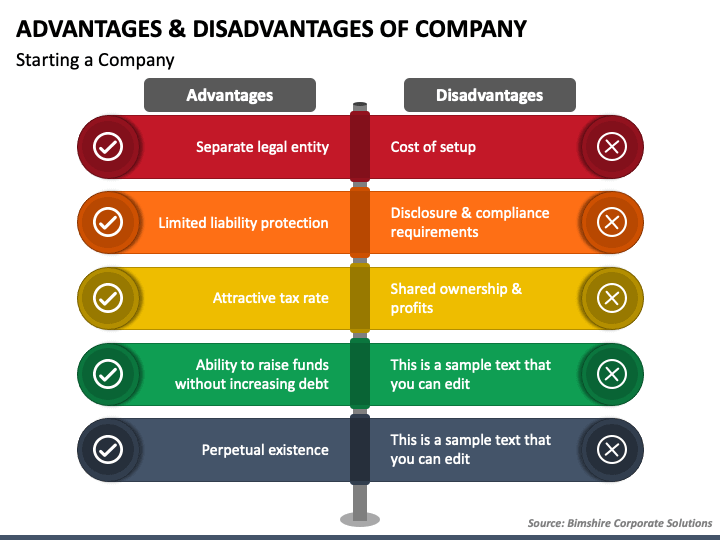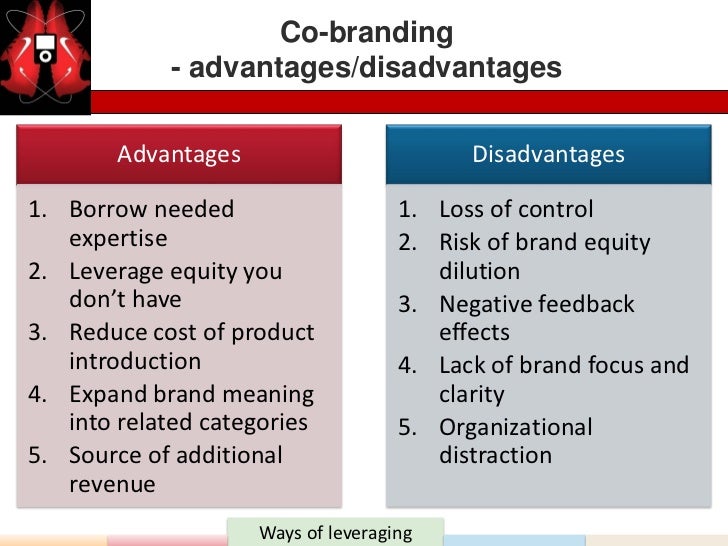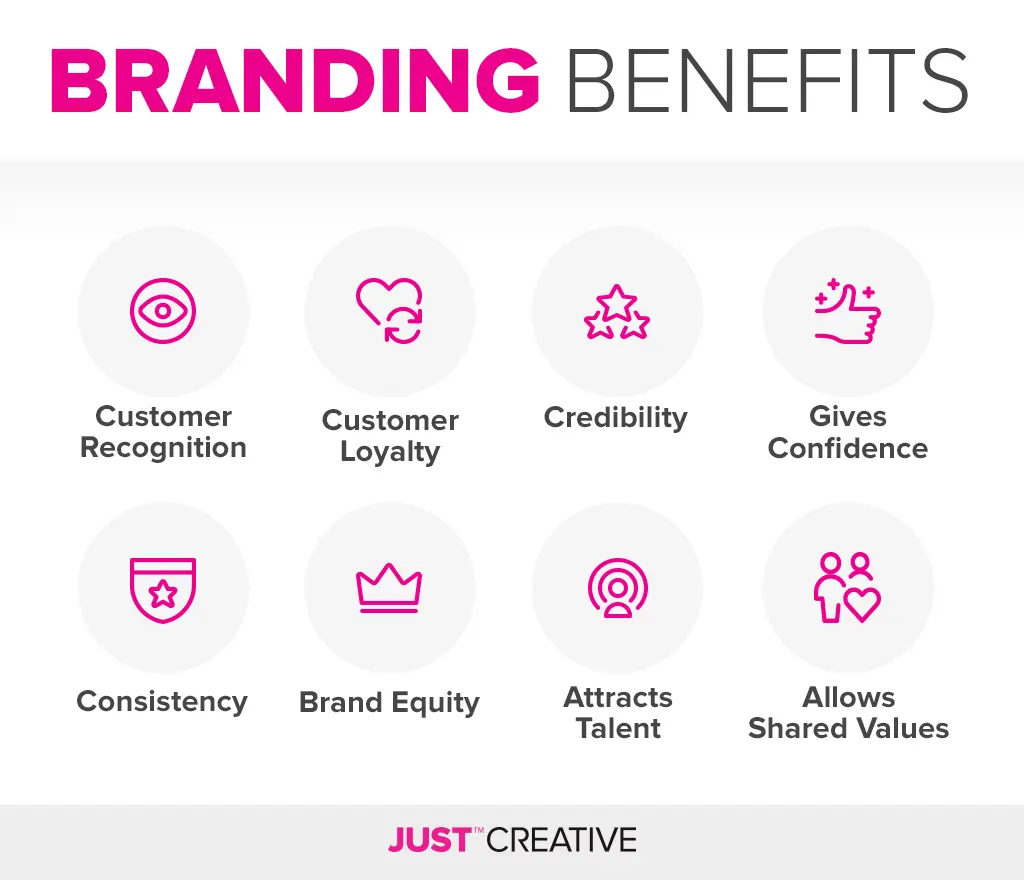
🏆 Advantages and disadvantages of being a public limited company. What Are the Advantages and
Advantages & Disadvantages Of Co-Branding The business partners benefit from co-branding because they may harness each other's strengths and share risks to maximise the value of their assets. There are numerous benefits and drawbacks that may drive you to consider or reconsider your decision to pursue co-branding. Advantages

Strategic Brand Management Building, Measuring, and Managing Brand E…
Types of co-branding partnerships and examples. Product-based: in these partnerships, co-brands create and offer a product that compliments the individual identities of each brand. Example: Taco Bell and Doritos. These 2 brands teamed up to create the Nacho Cheese Doritos Locos Taco, a taco shell made with Doritos chips.

CoBranding Advantages & Disadvantages Marketing Weekly
Co-branding has various advantages, such as - risk-sharing, generation of royalty income, more sales income, greater customer trust on the product, wide scope due to joint advertising, technological benefits, better product image by association with another renowned brand, and greater access to new sources of finance.

15 Advantages of Branding & Cobranding Pepper Content
1. It costs both brands less to reach a larger audience. In most co-branding arrangements, the brands or companies involved are sharing the marketing costs. This allows them to reach a potentially larger audience while lowering their overall expenses. 2. It increases market size.

Concept of branding in marketing management Advantages & Disadvantages of branding
Co-branding is a marketing strategy for businesses to work together and reach a wider audience with new products. According to one survey, 71% (nearly three-quarters of consumers) enjoy co-branding partnerships and the new product options they bring about. Throughout this article, we'll talk more about what co-branding is, the benefits of the strategy and introduce some popular examples of.

Strategic Brand Management Building, Measuring, and Managing Brand E…
Updated June 2, 2022 Co-branding occurs when businesses work together to accomplish their marketing goals. There are pros and cons to associating your brand with others. Before you form an alliance with another company, it's important to understand how co-branding can influence your brand reputation and financial resources.

CoBranding Advantages & Disadvantages Marketing Weekly
Co branding's Advantages and Disadvantages. There are several benefits to co-branding including the following four major factors: Advantages 1.Expand market share. The primary objective is to increase market share for both franchises. As a result, the co branded brand will be able to appeal to a broader audience.

CoBranding Advantages & Disadvantages Marketing Weekly
Understanding the associated advantages and disadvantages of a co-branding strategy is vital for both brands' success. Perhaps the most crucial piece to be aware of when creating a co-branding strategy is the brand you chose to partner with. Each brand can have a very different set of values, ethics, and company vision.

Advantages And Disadvantages Of Branding Pros and Cons of Branding, Identity, Meaning
Advantages and Disadvantages of Co-branding Advantages of Co-branding Disadvantages of Co-branding Co-Branding Strategies Market penetration Global brand strategy Brand reinforcement strategy Brand extension strategy Co-Branding Examples Tata Starbucks Mahindra Renault Hero Honda Ola and Airtel Co-Branding vs. Co-Marketing FAQs

The Advantages of CoBranding Burkhart Marketing
Published: June 02, 2023 In more ways than one, branding is a pillar of success. The benefits of branding can range from helping you develop a set of features unique to your business, like a logo and brand name, which allows customers to come to know your brand and associate it with what you have to offer.

What Is Cobranding? (+Great Examples in the Marketplace)
The advantages: Brands can share the risk. They can generate a royalty income. Bigger sales incomes. The customers would trust the product more. Joint advertising, which gives them a wider scope. Technological benefits. Product image enhancement, since they are associated with another renowned brand.

15 Advantages of Branding & Cobranding Pepper Content
Co-Branding Basics. Co-branding is a method of trademark licensing (or cross-licensing) that typically involves strategic marketing and leveraging by two strong brands to create an enhanced customer experience for each brand's market. 1 The brand partners come together and offer a single product or service under both partners' marks. 2 It can be an attractive option for brand expansion by.

CoBranding Why Creative Collaboration is the Key to Commercial Success GoVisually
Co-branding is a form of partnership, where two companies or brands share their brand names, logos, etc., on one project, one product, or one piece of software.. Advantages and disadvantages. Co-branded products or software benefit from the joint resources of two organizations. And an alliance between companies tends to result in greater.

CoBranding Advantages and Disadvantages Branding, Brand management, Fun to be one
Daniel Researcher Drive 20-40% of your revenue with Avada Get Started As you might have already known, everyone has their own loyalties to their favorite brands. However, it is a good idea to have a product from two separate brands working together.

Advantages And Disadvantages Of Branding BenefitsDrawbacks
In this article, we will explore the 16 key benefits of branding and co-branding, showcasing how these strategies can help businesses unlock new opportunities and maximize their potential for growth. Increased Brand Awareness: By partnering with another brand, companies can tap into new customer bases and expand their reach.

9 Преимущества и недостатки брендинга
Updated: December 13, 2020 Home Brand Strategy Co-branding What Is Co-Branding? Now more than ever, brands are exploring new opportunities to gain market share and engage with prospective consumers.